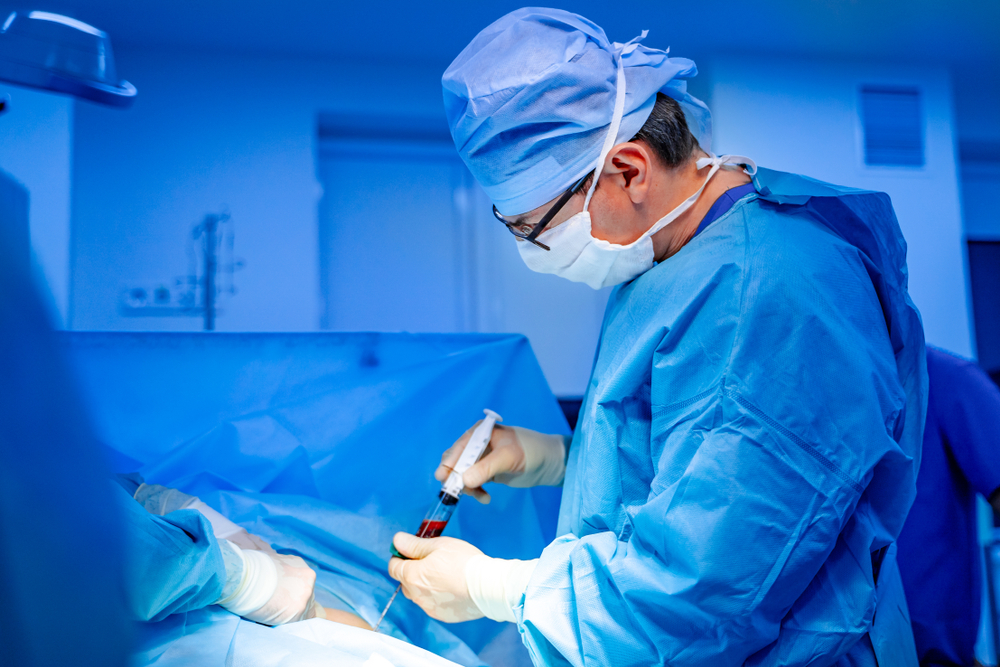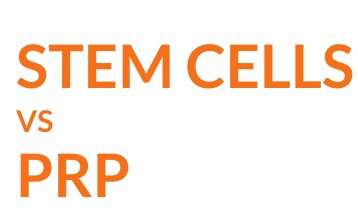Stem cells have become a new beacon of hope in the world of regenerative medicine. They have so much potential – which is, yes, still being fully explored within the scientific community. The only issue is that stem cells cannot be sourced from nature or manufactured in a lab (at least, not fully). This means that all stem cells have to come from a donor of some sort.
Sometimes, it may be your own stem cells or a family member’s. This commonly occurs when donating bone marrow since it’s more likely that the body will accept your own stem cells or that of a blood relation, especially when your immune system is already compromised.
Of course, that’s just one source. Technically, anyone of any age can donate stem cells. Embryos, for example, are the only source of embryonic stem cells (which can become any type of stem cell), but due to ethical concerns, they aren’t used in treatments.
Instead, they’re sourced from a fully willing blood stem cell donor. So, can you donate stem cells? Absolutely yes. To learn about the different ways that stem cells are harvested and how likely you’ll be able to donate your stem cells, however, read on:
Where Stem Cells are Sourced
So, what are stem cells? They’re the building blocks of other cells. Even in adults, stem cells can become other types of cells as needed. Plus, they’re self-replicating, which means that one treatment goes far.
As for where those cells are sourced, it depends on what they’re needed for. Just a few of the ways that a blood stem cell donor, for example, can donate their stem cells include:
- Blood – The reason why you’d donate blood stem cells can become any type of blood cell or even platelet. This means it can become a red blood cell, or white blood cell, as is needed.
- Bone Marrow – Donating bone marrow is great as it can also become blood cells of any kind. In fact, it’s preferred when you need more stem cells from a safe source (yourself), but your blood production is low or compromised.
- Fatty Tissue – fatty tissue stem cells can become a number of different types of cells, for example, cartilage or tendons.
- Umbilical Cord Blood – this is a non-invasive source of blood stem cells and is ideal as it can become any type of blood, but since it’s juvenile, it’s less likely to be rejected by the patient.
- Wharton’s Jelly – these stem cells are found in the jelly surrounding the umbilical cord; like the umbilical cord, blood is less likely to be rejected. This is the type that we use in our stem cell treatments.
So, can you donate stem cells from any of these sources? Absolutely. Some are completely harmless, for example, blood donations. This is known professionally as peripheral blood stem cells, since they’re harvested from donated blood.
These peripheral blood stem cells are extracted from the rest of the blood’s components as well, meaning they can be used fairly universally across patients. You will, of course, need to take a blood test to ensure that you’re a good candidate.
This test isn’t just for blood donations, either. All donors need to be tested to ensure that there are no diseases or other concerns that could be passed on. We here at Bioxcellerator, however, don’t stop there. We also test stem cells after they are extracted from their donation source to ensure that only the highest quality cells are used. This increases the number of useable cells, as well as minimizes any potential risk from the treatment.
Who Can Be a Blood Stem Donor?
As stated, you need to be tested before you can donate your stem cells. That’s why you need to ask a professional if you can donate stem cells to get a 100% verified answer. Theoretically, of course, you can. However, there are some factors that come into play:
- Your Age – the ideal age range for those donating stem cells is between 18 and 40.
- Overall Health – You need to be in good overall health to donate stem cells. This means you need to be free of chronic or acute conditions that could impact your ability to donate, or the stem cells themselves.
While your ethnicity won’t bar you from donating stem cells, it is important for professionals to know when you are a blood stem cell donor to help match up genetic markers. This means your ethnicity needs to be noted, so that patients that match your genetic markers can get your stem cells. This is how we improve the chances of those cells being accepted by the patient’s body.
Matching up genetic markers is why a family member will always be the preferred stem cell donor, especially in cases where a stem cell transplant is being used to treat a blood cancer like leukemia since your immune system will be suppressed.
How Stem Cells are Extracted
It’s natural to wonder what donating bone marrow entails. Does it hurt? Thanks to the fact that you go under general anesthesia (meaning you’re unconscious), you won’t feel a thing. General anesthesia, however, isn’t used for other methods of donation.
For example, when you donate blood stem cells, the process is exactly the same as a regular blood test. Finally, extracting stem cells from umbilical cords is done after the umbilical cord has been donated already, meaning there’s no need for invasive procedures.
How Those Stem Cells are Used
After donation, stem cells are screened, purified, tested, and then preserved via cryo. This is why the stem cell therapy cost is what it is since it requires a significant number of steps between donation and injection.
You may ask yourself, what are stem cell injections? Are they just stem cells, or is there something else added? The only substances that might be added to the injection are growth factors or other supplemental components designed to help those stem cells properly replicate (the goal) and work hard in the patient’s body.
Want to Donate?
If you are interested in getting stem cell treatments or want to donate directly. We’ll happily bring you in for a consultation to see if you’re a good fit for donation or treatment.


